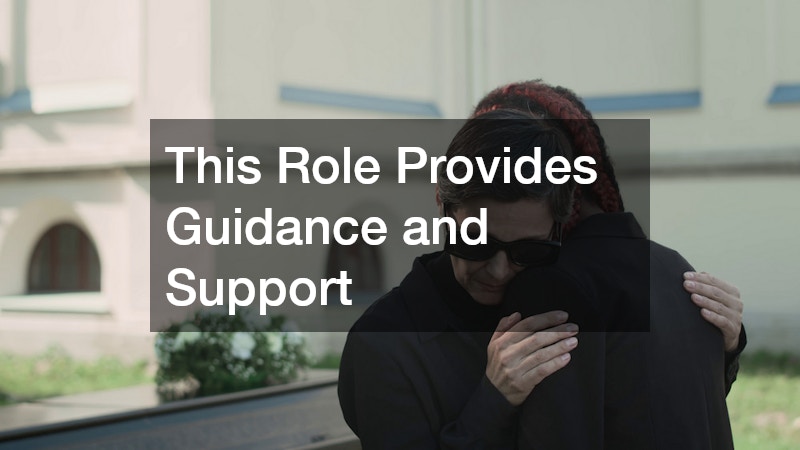How to Choose the Right Funeral Director to Honor Your Loved Ones
Losing someone close is one of life’s most difficult experiences. During this time, every decision can feel overwhelming, and planning a farewell that truly honours your loved one can add to the pressure. Having someone to guide you with empathy and professionalism makes a significant difference, providing reassurance in moments that feel uncertain and emotional. A funeral director can serve as a steady support, helping families navigate logistics and personal preferences with care and respect.
Choosing the right professional goes beyond checking credentials. It’s about finding someone who understands the unique values and wishes of the family, listens attentively, and can tailor services to reflect the life being celebrated.
From the initial consultation to the day of the service, the right person can make a lasting difference, ensuring that every detail is handled thoughtfully. This guide offers insight into how to make a choice that honours both the departed and those left behind.
Understanding the Role of a Funeral Director
At its core, this role provides guidance and support during the planning and execution of a funeral service. They coordinate logistics, liaise with suppliers, and ensure that legal and administrative requirements are met. Their role is not just practical but deeply personal, helping families navigate a sensitive period with dignity and compassion.
They also offer emotional support and advice on options available, from traditional ceremonies to personalised services that reflect individual values and beliefs. Assistance may include transport, documentation, and communication with extended family and friends, allowing families to focus on remembrance and grieving. Understanding this dual role helps you appreciate why choosing the right professional matters so much.
Evaluating Experience and Credentials
Experience and credentials provide assurance that the person is capable and reliable. Accreditation through recognised associations or years of service in the field can indicate a commitment to professional standards and best practices. These elements often reflect not only skill but also familiarity with local regulations and processes.
When evaluating experience, consider the types of services they have arranged and whether they have handled situations similar to your own. Asking about previous cases, special ceremonies, or community involvement can give a clearer picture of their capability. Knowing they have managed a variety of situations successfully can provide reassurance that your loved one will be honoured appropriately.
Considering Services and Options Offered
Professionals can offer a wide range of services to meet different needs and preferences. From simple cremations to elaborate ceremonies, there are options to suit varying cultural, religious, or personal expectations. Understanding what each provider offers helps families make informed choices.
Beyond standard offerings, inquire about personalised touches such as customised memorials, music, or ceremonial elements. Some also provide grief support or guidance on pre-planning arrangements. Being aware of these services ensures that the farewell reflects the personality and values of the person being remembered, making it truly meaningful.
Assessing Reputation and Community Feedback
A professional’s reputation can offer insight into their reliability and care. Feedback from previous clients, community reviews, or references can highlight strengths and potential concerns. Positive experiences often point to empathy, attentiveness, and attention to detail.
When seeking feedback, consider both formal reviews and personal recommendations from friends or community members. Speaking directly with past clients can provide a more complete picture of how the provider handles sensitive moments and unexpected challenges. This information can be invaluable in making a decision with confidence and peace of mind.
Planning with Transparency and Compassion
Transparency in communication ensures families are fully informed about costs, processes, and options. Someone who explains each step clearly can reduce stress and prevent misunderstandings, fostering trust during a difficult time.
Compassionate planning involves listening to family wishes and accommodating personal or cultural requirements. This approach can include detailed discussions on the ceremony, memorialisation, or ongoing support. By prioritising openness and empathy, the professional can create a meaningful experience that honours the life and legacy of the person who has passed.
Choosing the right funeral director is about more than logistics; it is about finding a professional who provides both guidance and genuine care during a challenging period. By considering experience, services, reputation, and approach, families can select someone who honours their loved one with dignity and respect.
A thoughtful choice ensures that every aspect of the farewell reflects personal values and meaningful traditions. With the right support, families can focus on remembering and celebrating life, finding comfort in the care and understanding they receive throughout the process.

